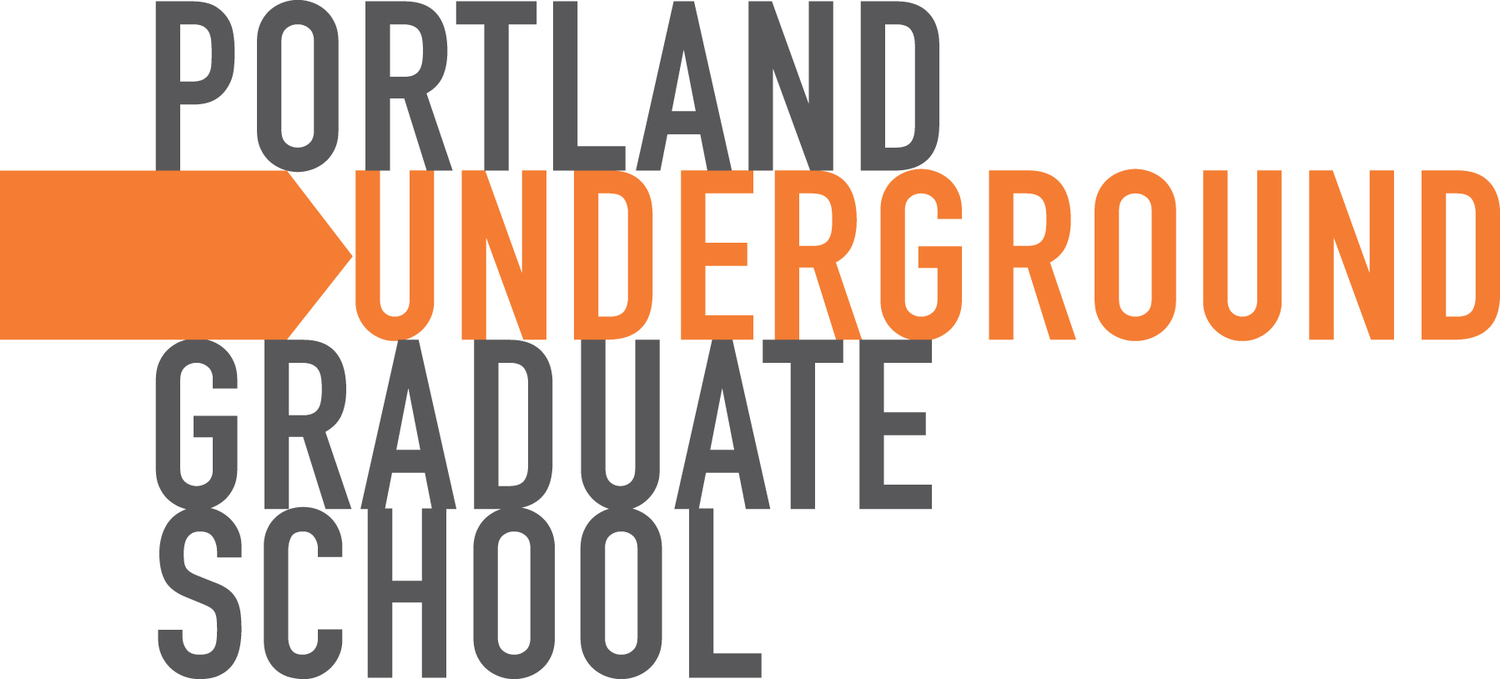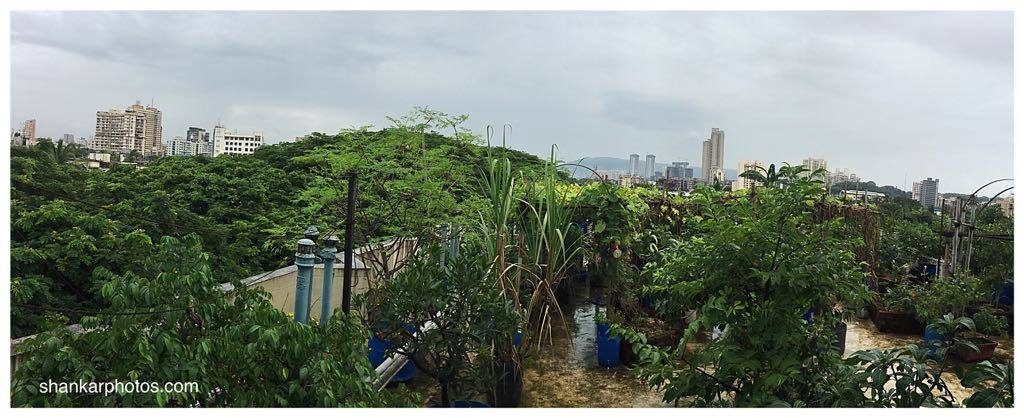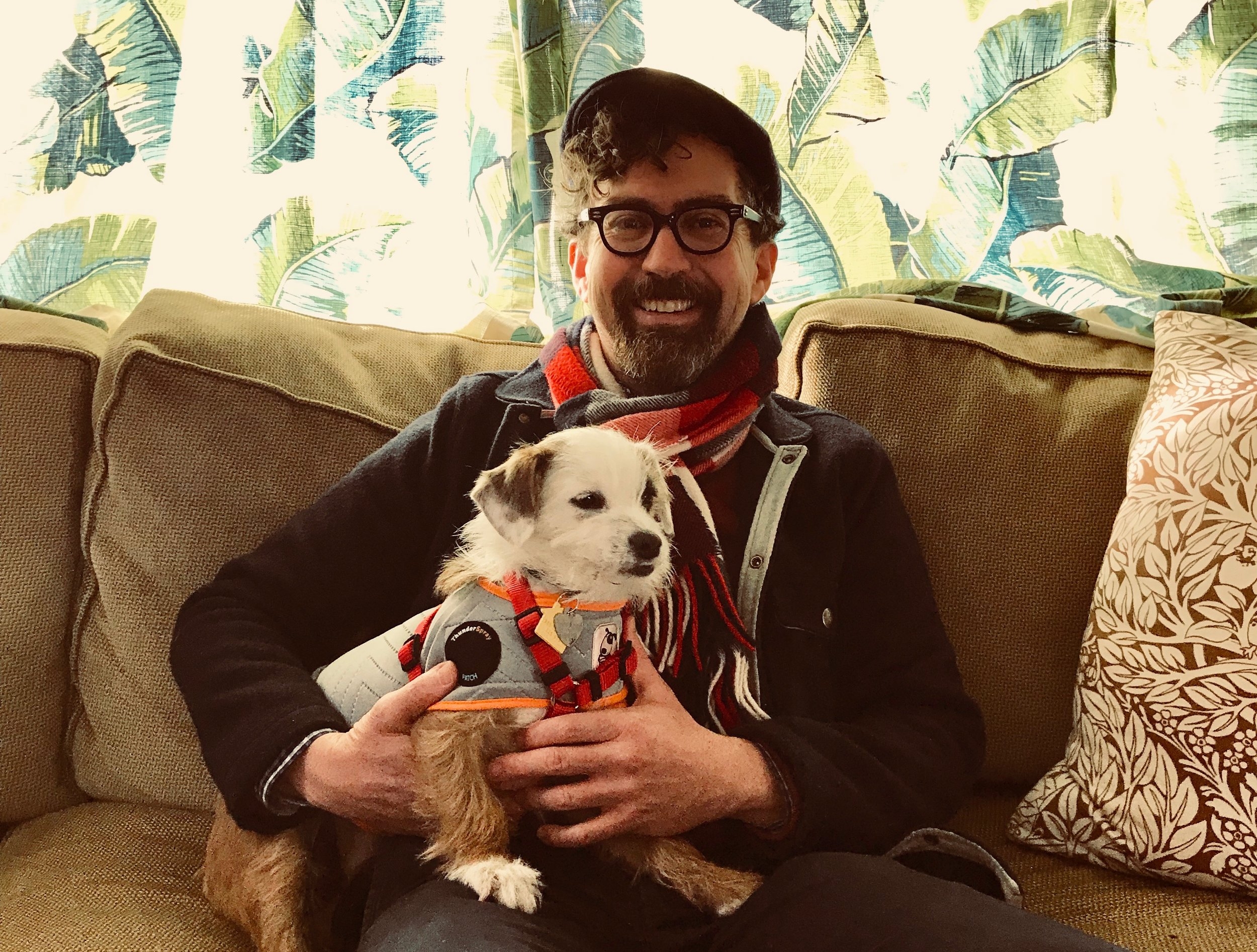Wendy Willis of Citizen University gave a really beautiful sermon springing from a meditation on civic pride. If you weren't able to join us on Saturday, give it a read and perhaps ponder the two questions Wendy left us with: do you feel "extremely proud" to be an American? And, to which communities do you feel most cleaved?
The Sin of Haughty Eyes: A Civic Saturday Sermon
Portland, Oregon
By Wendy Willis
I began this Independence Day like I begin every other morning—reading political tip sheets and scrolling through Twitter. It’s a perverse ritual of sorts. I grab my wrap and my glasses, put water on to boil, then turn to my phone or laptop to see what fresh outrage awaits. I know. I know. I read the same advice you all do—I am supposed to be meditating or reading an important piece of literature or writing down my intentions for the day. But instead—at 6:00 am on this July the 4th—I was hunkered down in my kitchen rocking chair, wrapped in a shawl and staring at my phone. One of the things I ran across was a new Gallup poll. The take away was that only 47% of citizens of this country are “extremely proud” to be American. It’s apparently an all-time low, down from the three quarters who called themselves “extremely proud” in the months following 9/11.
The reporter who shared the poll—Mike Allen, mastermind of the Axios tipsheet—didn’t just offer it as a tidbit of interesting or useful information. He used it as a shame grenade. He used pride as a proxy for patriotism, for gratitude. His point was that we—and by that I mean we Americans—have a whole lot to be proud of—there are more job openings than job seekers at the moment, we enjoy absolute freedom of travel in our own country, we are part of the 39% of world citizens who are rated “free” by Freedom House, violent crime has plunged precipitously in recent years, and on and on about how good we have it.
And it worked. I did feel shame. All those listed blessings—most of them entirely unearned by me—are indeed at my disposal. Yet, I have to be honest with myself—and now with you—if one of you outed yourself as a Gallup pollster and asked me on the way up here this morning whether I was extremely proud to be an American, I can’t imagine I would jump in with an enthusiastic yes. My mind would go to toddlers separated from their mothers at the border, to the travel ban affecting many, many of the world’s citizens, to the quiet discharge of immigrants from our armed services. My mind would go to the nastiness and disregard we show to one another in comments in the newspaper and on Twitter and when we meet each other in our cars and on our bikes in the streets. I would think of slavery and incarceration of Japanese Americans and Native American genocide. None of those things makes me feel proud.
And still, Mike Allen—bless his heart—is right. There is still much to celebrate. I cannot forget the time when President Obama chastised us all—and rightly so—reminding us that things are better and that it is disrespectful of our forbearers—our ancestors, the generations of activists before us—when we suggest that this country is not more just than it once was. But pride? I don’t know if I can go that far.
I mean, I don’t think I’m dispositionally opposed to pride. I love pride month. I love a good rainbow flag. I love the idea that we can take deep joy in who were are and who we love. Celebratory bumper stickers give me a little spring in my step— Proud of my student, my Marine, my vegan, my Eagle Scout, my dog. I love that.
But there is no question that pride has always been a mixed bag. Pride—let us remember—is one of the seven deadly sins. It is, in fact, known as the “sin of sins”—the source of all the other sins—lust, gluttony, greed, sloth, wrath, and envy. Pride in that sense is a preoccupation with the self, an elevation of the self to the level of God. It is that elevation that makes us bold enough to try out all the other sins. Pride is sometimes referred to as the “sin of haughty eyes,” which I have to admit I do love. But that form of pride sets up a system in which there is always a winner because there is a loser. That is not a value I think we should run a country on.
There is something else that niggles at me about “pride.” It is, in the end, entirely conditional. I may like a particular policy decision—say, signing the Paris Climate accord—and that makes me feel proud of my country. But then, we withdraw, and that makes me feel---what is the opposite?—I guess, not proud. And maybe that’s what a poll like Gallup is trying to measure—the current conditions. Do we like who we are in the world at this moment? And that is important, for sure. It gives us a yardstick with which to measure our behavior against our values.
But that pride like that is necessarily ephemeral. We swing wildly back and forth between proud and not proud. It is not the basis for building a resilient community. Or a resilient country. We can’t rely on it to get through the hard times. Let me put it in the context of my own family. Right now, I am very proud of my daughters. Both of them finished the school year with a 4.0. They worked hard, I want to recognize that. I want to tell you about it. I want to tell my parents about it. I want to tell checker at the grocery store about it. But it isn’t pride that gets us through the hard times. What if next year there are Ds? There are Fs? What if there are decisions I don’t agree with? It is not pride that will get us through. Because pride is a feeling. And it is conditional. And almost certainly, if things were to get tough, I would feel fear and worry and humiliation more than any sense of pride. But, I wouldn’t abandon my daughters. I wouldn’t withdraw my support or affection from them. I wouldn’t threaten to move to Canada. Because it is something else that sustains our connection. It is a fierce commitment and a stubborn love.
I wonder how that applies to us as we pass through this particularly bumpy era of our history. Maybe there is just something odd about thinking pride is the thing that binds us together. I am reminded of this often-repeated quote from James Baldwin: “I love America more than any other country in the world and, exactly for this reason, I insist on the right to criticize her perpetually.” Baldwin is right, isn’t he? There is something weird and entitled to suggest that, if we don’t like how things are going, we can just opt out of our country. Or our city. Or our neighborhood.
In fact, if we are really honest with ourselves, it is not all about some remote government behaving cravenly or unjustly. There is no one else. It is all us. And none of us are living up to the standards we set for our country and for our fellow citizens. And if we look those shortfalls direct in the eye, we don’t feel a surge of pride, but rather a wave of shame followed by an abiding sense of humility. We are some flawed and fallible humans---all of us—and that means no matter how hard we try, we will always fall a little short of perfection, a little short of the American creed of liberty and equality that we claim to hold sacred. There is humility—not pride--in knowing that we will never live up to the ideals we have set for ourselves.
And in that humility—the humility borne of striving but perpetually missing the mark—we find the space to do our work.
One of the blessings (and responsibilities) of a true community – is that it is not earned. Friendship, in many ways, is transactional. I didn’t like your attitude in the cafeteria yesterday, so today I don’t sit with you. Community isn’t like that. It is not a quid pro quo exchange. Community is a web that extends the circle of care beyond preferences and personalities. You don’t have to earn your place in it. You belong when you are kind and you are belong when you are a jerk. You may be punished for your behavior, but you still belong. You take the family with a new a baby a tuna casserole whether you particularly like them or not. And they do the same for you. In fact, it is when we are at our most ragged that we have our best chance to create a true community. Rebecca Solnit—in her incredible book, A Paradise Built in Hell, describes the communities that arise—between relative strangers—in the midst of natural disaster. As she puts it, “It's tempting to ask why if you fed your neighbors during the time of the earthquake and fire, you didn't do so before or after.”
We need not wait for the big one, however. If we open our eyes, there is plenty to drive us into one another’s arms. Desmond Tutu, Archbishop Emeritus of Cape Town, took up Dr. Martin Luther King’s vision of creating the beloved community and tied it to the Bantu term—ubuntu, the notion my humanity is caught up and is inextricably bound up in yours. As he put it: “We are living in an historic moment. We are each called to take part in a great transformation. Our survival as a species is threatened by global warming, economic meltdown, and an ever-increasing gap between rich and poor. Yet these threats offer an opportunity to awaken us as an interconnected and beloved community.”
So here is something else to consider in our flawed and ragged state. . . I love contranyms – verbs that mean two things that are entirely opposite. Consider dust and dust. As in dust the piano and dust the strawberries with sugar. Or clip and clip. Or one that is particularly relevant in today’s climate--sanction and sanction. Weather and weather. But the one I treasure the most is cleave and cleave. To split apart and to hold closely and faithfully.
Right now, it feels like one of our most essential questions is which form of cleave we will choose. So many forces are working to tear us apart. Plenty of cynical operators out there maintain power and wealth by keeping Americans pointing fingers and sniping at each other. And as long as the ephemeral scale of national pride is how we judge our civic health, we are free to wallow in accusations and recriminations about how other people are failing to live up to our values. But, we—all of us here—are well aware of our own imperfections and shortcomings. And it cannot be that those short-comings are a deal-breaker. Or are a nation-breaker. We can be disappointed in one another and in ourselves, for sure. And I am certain we will be. Probably before dark tonight.
But alongside our disappointments, we have our aspirations to be better. To be more just. To come closer to the values we hold dear. And so, starting today, let’s approach one another with humility and honesty about our failings. Let’s seek forgiveness and try again. Let’s ask for and accept a little grace. Let’s stretch the circle of care. Let’s decline to make belonging conditional. Let’s refuse to turn away from our interdependence. Let’s open our eyes to the possibility of the beloved community envisioned by Dr. King and Archbishop Tutu. And, today, right here, let’s choose the cleaving of togetherness over the cleaving of separation.






















